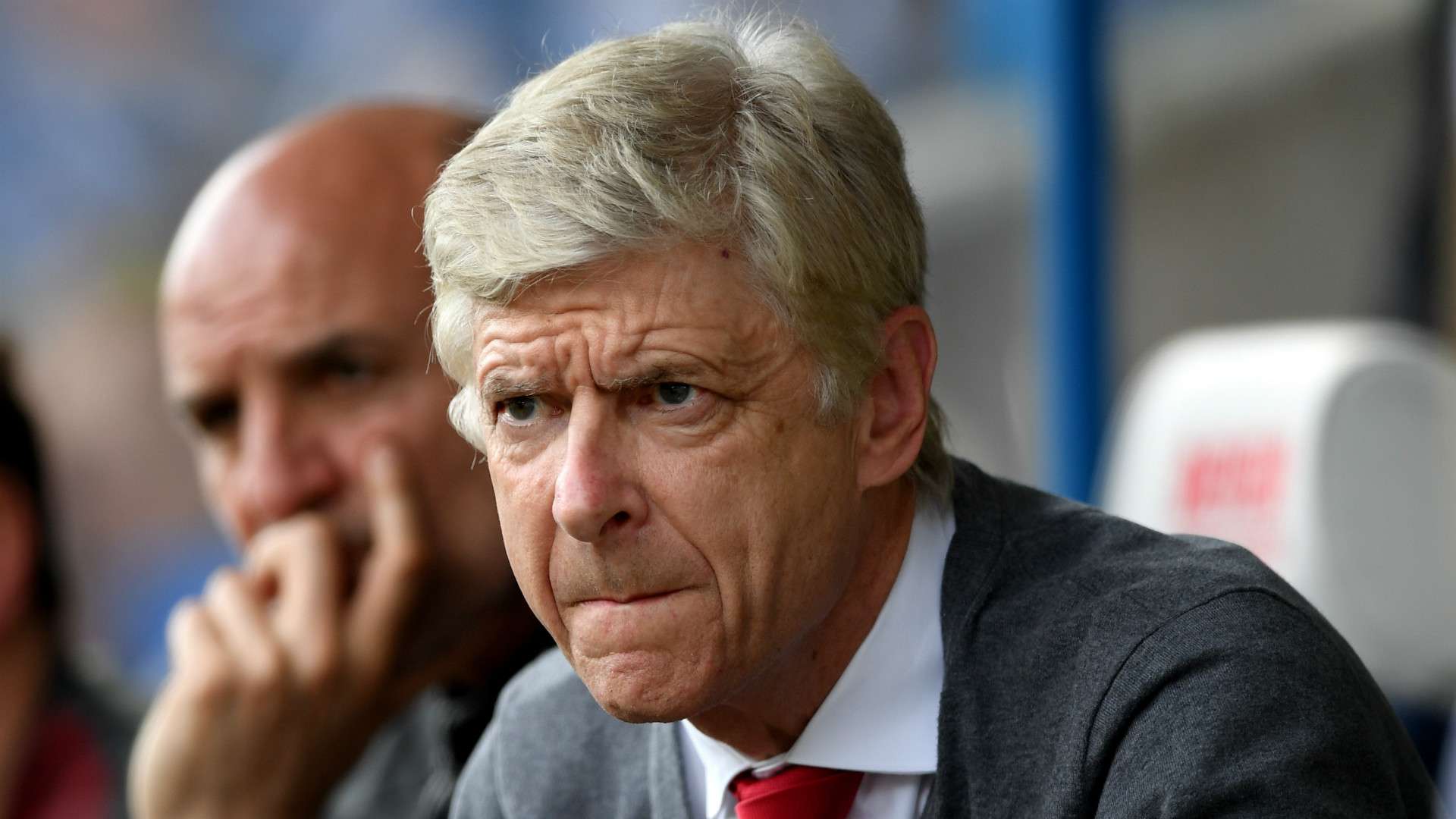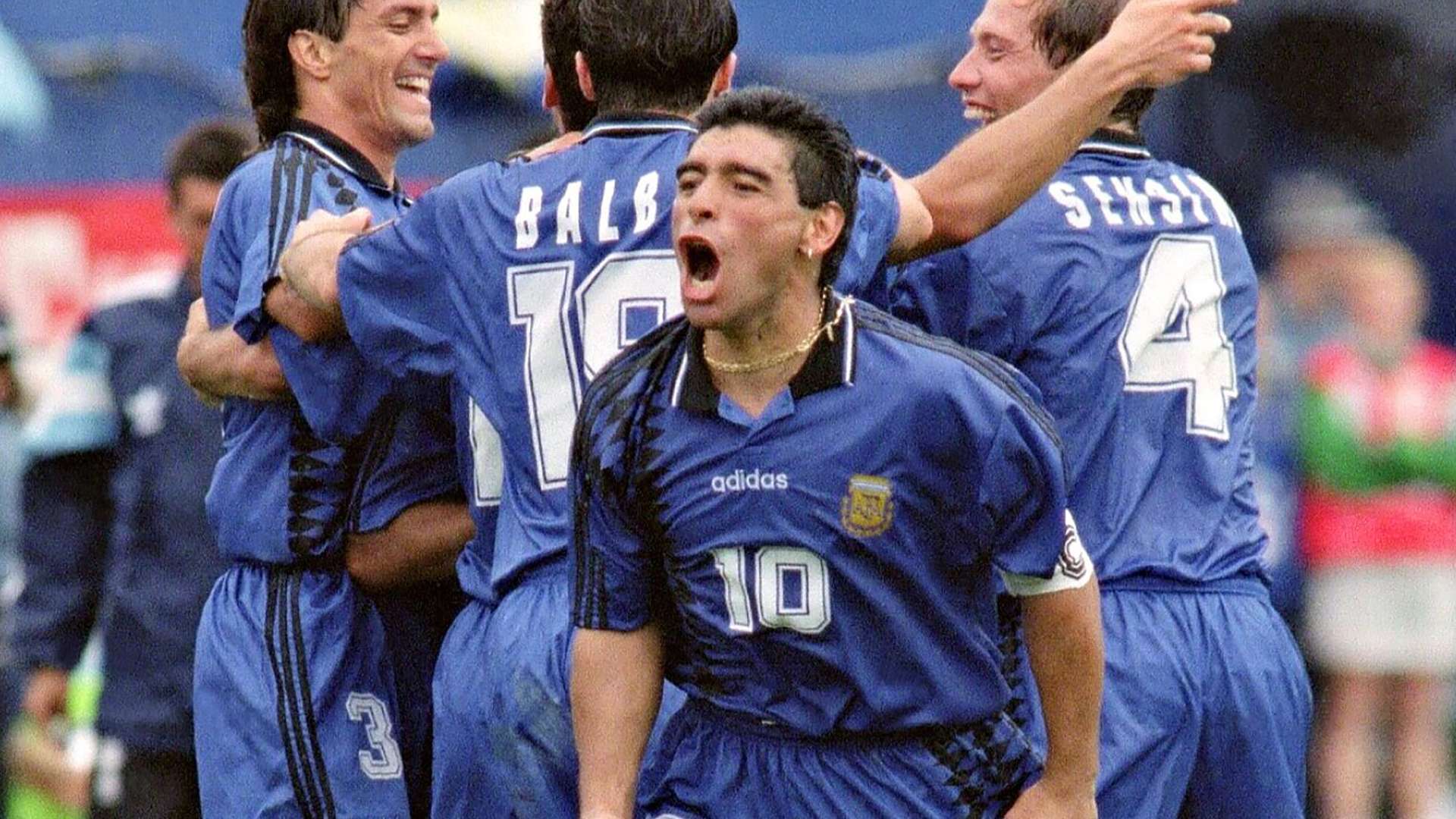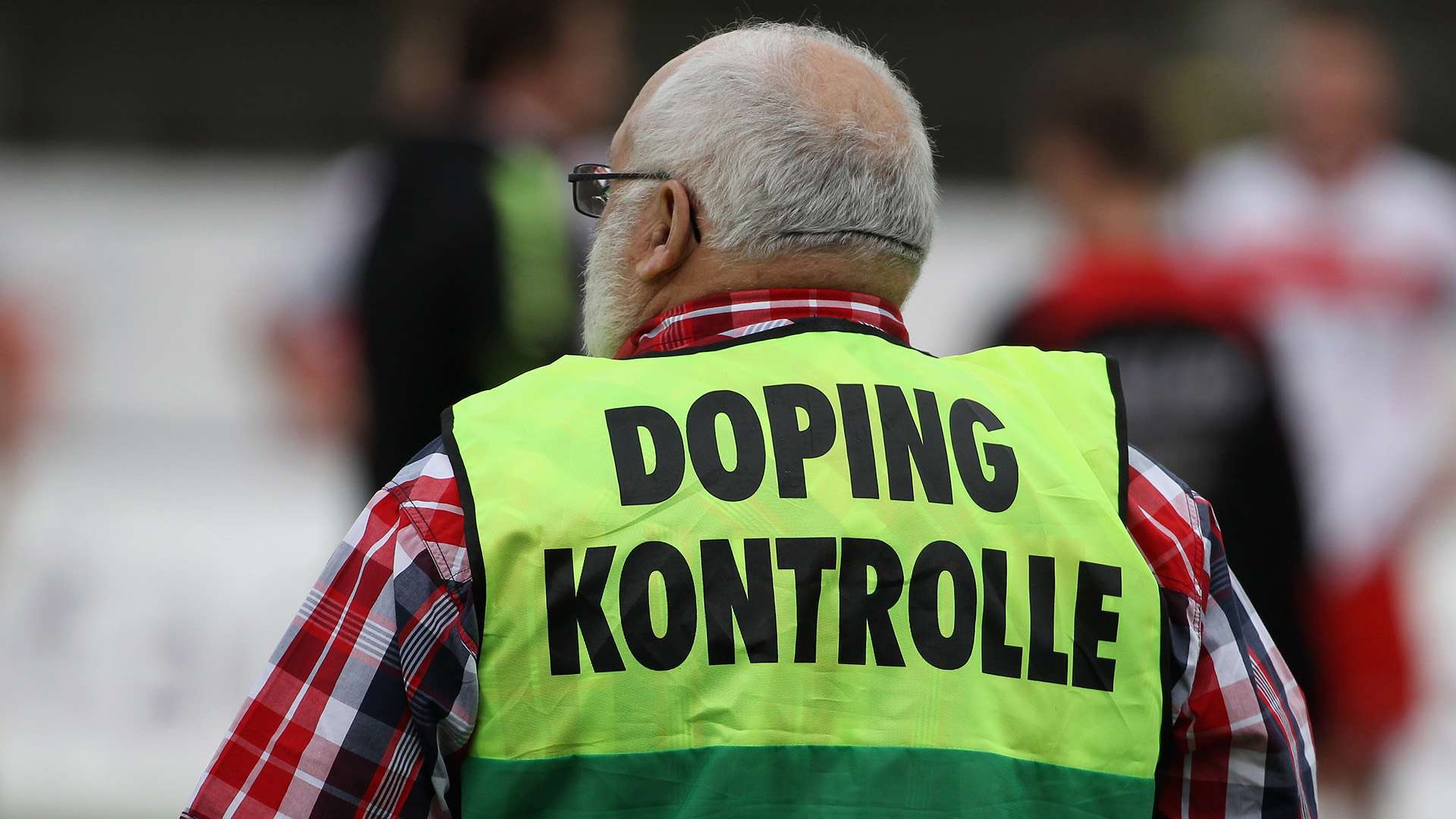Cases of doping are infrequently reported or discovered in association football, unlike other sports such as cycling and athletics that have been rocked by major scandals over the years.
There have only been a handful of high-profile cases involving players who have been alleged to use illegal substances for doping purposes.
But what exactly is doping in football, how prominent is it within the sport and how is it different from recreational drug activity? How severe is the punishment for players who have been found guilty of consumption of performance-enhancing materials? Goal takes a look.
What is doping in football, and what are its effects?
Doping is the consumption of performance-enhancing materials and banned substances that are designed to improve sporting performance.
In football, that could mean increased stamina or strength. A player who is doping may have the edge in extra time, or be able to increase their sprint speed for crucial matches thanks to their use.
The International Olympic Committee (IOC) defines doping as "the intentional or unintentional use of prohibited substances and prohibited methods on the current doping list".
Since 2004, the World Anti-Doping Agency's (WADA) definition in the World Anti-Doping Code has been accepted as the international standard.
Doping has been banned in sport by FIFA
Athletes who consume banned stimulants are risking their emotional, mental and physical health with long-lasting damage. Several doping substances not only negatively impact the physicality of the athlete, but can also impair the mental state of the player – with side-effects including anxiety, hallucinations and psychosis.
Many athletes will feel under considerable pressure to constantly perform at the highest levels – both by themselves and their peers – and, as shown by cases across sports, some will be tempted to resort to doping to enhance their chances of winning. Young athletes at the start of their career are especially prone to this pressure.
Athletes who have suffered substantial injuries will be tempted to dope in the hopes of accelerating their healing process. Doping testing out of competition - when an athlete is injured and not training - is a challenge for some sports.
Ignorance, peer pressure and a lack of insight about the negative effects of doping leads to some athletes taking substances that they don't know are banned. They may not be aware that the substances that they have chosen to take are forbidden, leading to positive doping tests through wrong diet or food supplements, but ignorance often doesn't prevent lengthy bans.
What are FIFA's rules on doping in football?
 Getty
Getty
The consensus among major sporting governing bodies and organisations has been to strictly regulate the use of performance-enhancing drugs in sport, in order to prevent the health risks, promote equal opportunity for athletes, and to maintain a drug-free image of sport for the public.
Prior to the 2010 World Cup, WADA announced that they would be doubling the punishment for first-time offenders from two to four years in the fight to prevent doping in sport, although there are exceptions.
A new regulation was added that offered athletes accused of doping possible 'immunity' from punishment should they return 'substantial' information on knowledge about other instances of doping.
As per FIFA guidelines, all players are obliged to undergo doping controls that consist of urine samples and blood samples. The biological passport was introduced during the 2014 World Cup and continues across FIFA and UEFA competitions.
FIFA rules state that each player bound by anti-doping regulations be made to undergo doping controls requested by FIFA or another governing association, with a player able to be tested at any time, as often as desired and in any place out of competition.
The doping officer’s instructions must be followed, and refusing a control can lead to a ban lasting several years. Players must also submit to all medical examinations that are deemed necessary by the officials.
FIFA states that players are not required to undergo the doping procedure alone. They can be accompanied by the team doctor or a team-mate when submitting samples.
What are FIFA's punishments for doping?
If athletes are found guilty of taking performance-enhancing drugs, they are subject to a ban from the sport from as much as several months to a lifetime, based on the severity of the individual cases.
If the consumption of the banned substances was not intentional, bans can last for up to two years. However, if the player knowingly participated in illegal doping, they will be banned for up to four years.
FIFA describe the method of 'intentionality' as players who are purposely looking to cheat when consuming the substances. Participating in the trafficking or administration of illegal doping substances will lead to a lifetime ban.
In addition to being guilty of doping, athletes can also face bans when committing the following:
- Missing doping tests (a maximum of three times) with doping control officers
- Possessing prohibited substances or passing on a prohibited substance
- Working with or encouraging a third party to violate anti-doping rules
- Failing to provide general whereabouts information every three months
- Whereabouts failures through ignorance
- Refusing a control
- Non-availability for the officers
- Failing to follow doping officers’ instructions during the control
- Engaging in or attempting to engage in fraudulent conduct during doping control
Is doping a wide issue within football?
 Getty Images
Getty Images
Doping is not widely associated with football due to lack of evidence, unlike its presence in other sports such as cycling, weightlifting and track and field.
That's why when such allegations and cases do surface, such as those denied by then-Real Madrid defender Sergio Ramos in 2018, or the charges successfully leveled against Ajax goalkeeper Andre Onana often draw huge attention due to their irregularity.
Figures within the sport are both dismissive and wary about the presence of doping, with some insisting that there is no such issue. Meanwhile many others believe that FIFA is not doing enough to fight doping within the sport.
According to FIFA, 33,227 doping tests were carried out worldwide in 2016 – keeping in mind that there are 65,000 professional male and female soccer players in the world – with only 97 samples (0.29 per cent) testing positive.
Comparatively, nine athletes tested positive for doping during the 2012 Olympic Games in London out of a pool of 5,000 tests (0.81%), though the IOC later announced that a further 23 competitors failed their retrospective doping tests.
In Hajo Seppelt's 1999 documentary "Indictment Doping: The Legacy of East German Sports," he put forward his suspicion that footballers were partaking in the use of illegal substances.
"People who say that there is no doping problem in football, that's bull**t," Seppelt told CNN.
"People say the drugs have no benefits, but look at the science and the distances covered by players in the game today."
Former Spain coach Vicente del Bosque dismissed questions of doping in football in 2013, stating: "It is a subject that I prefer to ignore."
Arsene Wenger, former manager of Arsenal, has spoken frequently about his cynicism with FIFA's methods of dealing with doping following ex-Dinamo Zagreb player Arjan Ademi having tested positive following his side's Champions League win over the North Londoners in 2015.
The Frenchman lamented that his Arsenal side had "played against many teams" using performance-enhancing drugs and stated later: "I'm not satisfied with the level of testing."
Which footballers have been accused of doping?
 Getty
Getty
One of the most prominent cases of substance abuse in football from recent times is the case of Diego Maradona at the 1994 World Cup in the United States.
The former Argentina international only played two matches before he was sent home from the tournament after testing positive for five variants of ephedrine – a banned stimulant. After scoring against Greece, his celebration was iconic for all the wrong reasons when he ran towards one of the sideline cameras, shouting, with a distorted face and bulging eye.
Maradona denied that he was taking illegal substances, stating that his personal trainer gave him the power drink Rip Fuel which skewed the results of his test sample. The game against Greece ended up being his final appearance for the Argentina team.
In 2001, during his time as a player at Brescia, Manchester City manager Pep Guardiola was handed a four-month ban for the use of nandrolone, a type of anabolic steroid - though the Spaniard ultimately saw his sentence overturned and the charges dropped six years later.
The first Premier League player to have been banned for using performance-enhancing substances, and not recreational drugs, was former Middlesbrough player Abel Xavier, who was banned for 18 months in November 2005 after test results showed that he took anabolic steroids following a UEFA Cup match.
Ex-Chelsea midfielder Adrian Mutu was banned from football after failing a test for cocaine in the 2003-04 season, leading him to be banned for seven months and released by the club.
After a Europa League fixture in 2016, former Liverpool defender Mamadou Sakho was alleged to have taken a banned fat-burning drug, although UEFA subsequently decided to dismiss the charges against him.
Samir Nasri was banned for 18 months in another substance abuse-related case after it was discovered that he had breached doping violations when he was on loan at Sevilla in 2016.
The ex-France international was initially given a six-month ban but had it later extended by a further 12 months after a UEFA disciplinary hearing.
One of the most recent instances related to doping were the allegations made by German newspaper Der Spiegel against Real Madrid captain Ramos, which claimed that he failed a doping test before the Champions League final in 2017 – something that both Real Madrid and Ramos have categorically denied.
Peru captain Paolo Guerrero tested positive for a substance associated with cocaine and was banned from playing for his country at World Cup 2018, overruling his legal team's claim that the test stemmed from drinking traditional coca tea.
However, veteran Guerrero was subject to a high-profile appeal that led to the temporary pausing of the doping ban to allow him to feature for Peru at Russia.
But the biggest charge in recent years was when Ajax shotstopper Onana was handed a one-year ban by UEFA in February 2021 after he tested positive for furosemide.
The 25-year-old subsequently managed to get his sentence commuted to nine months by the Court of Arbitration for Sport in June and is set to resume his career shortly.
